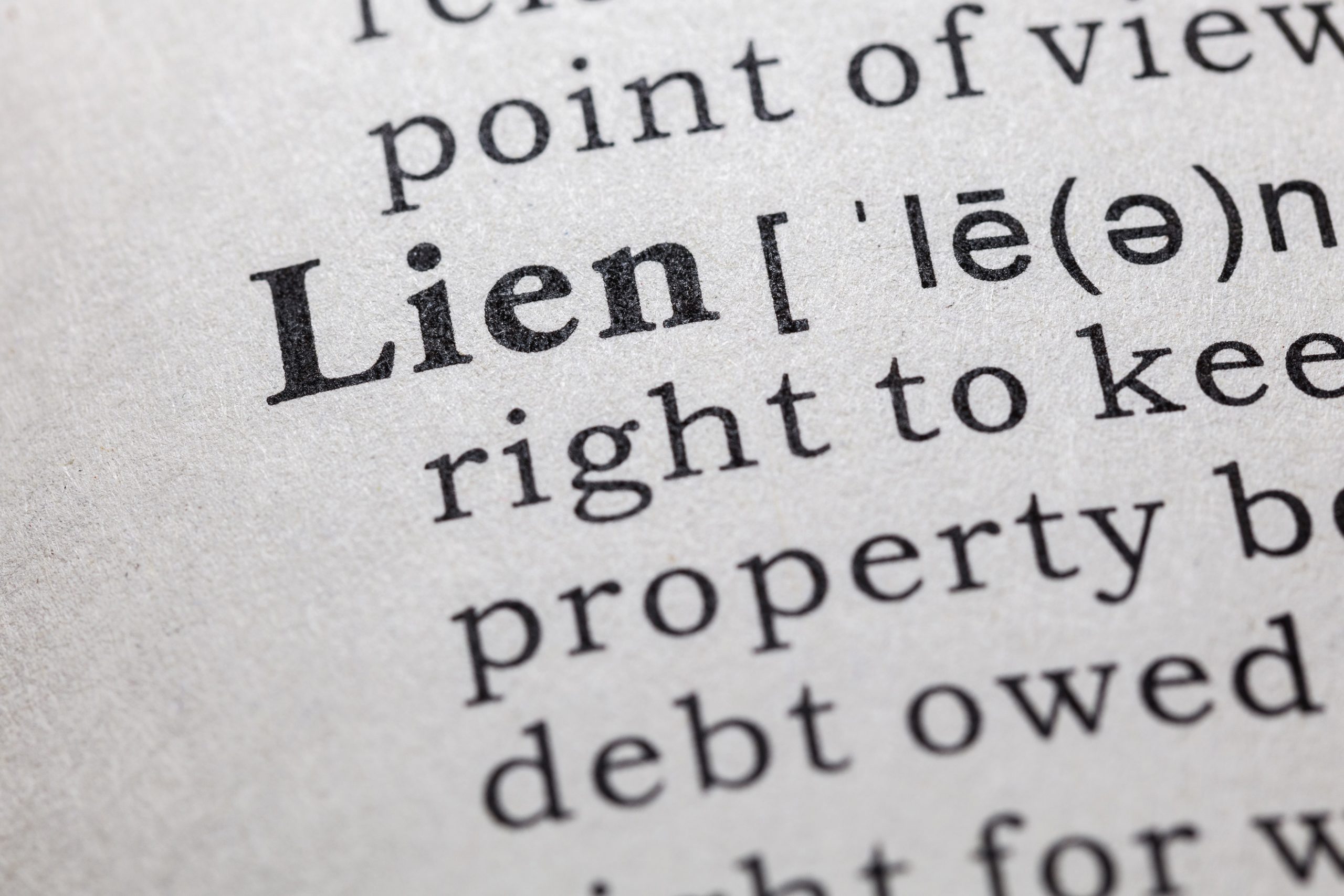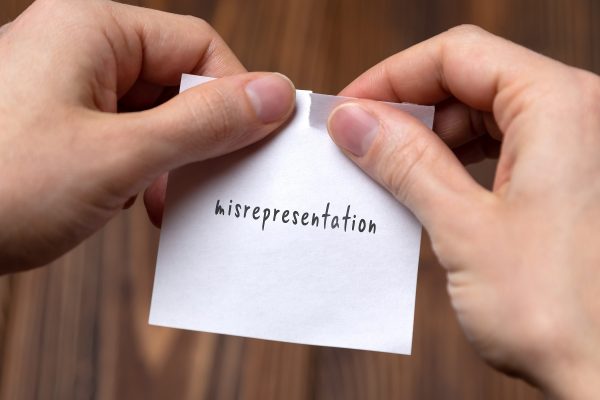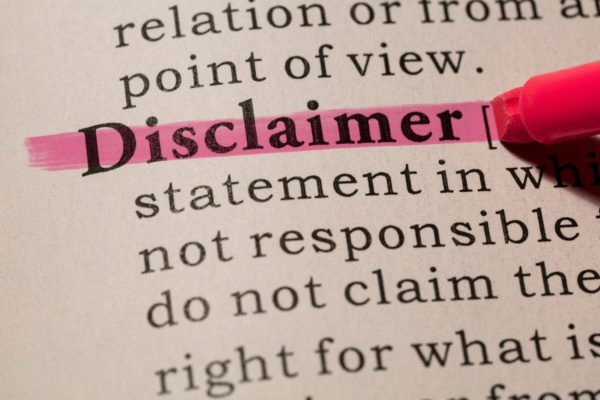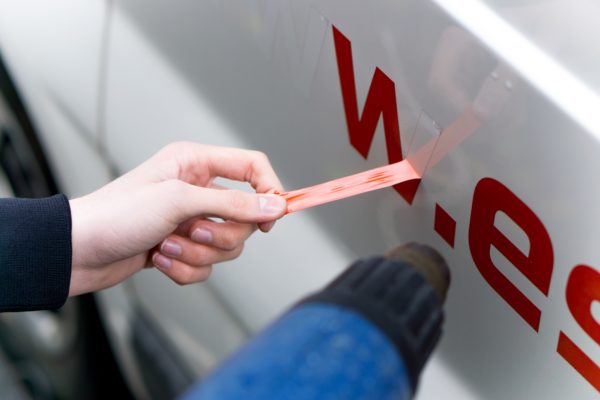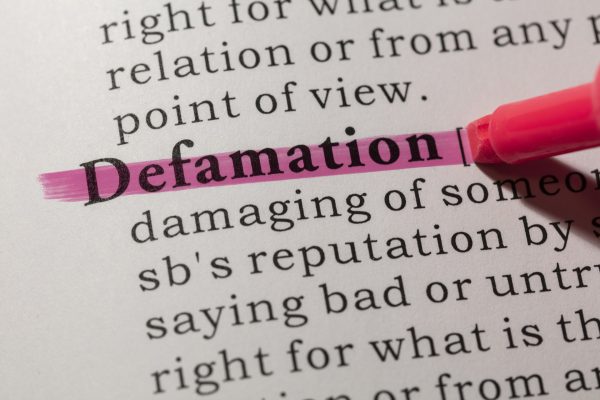Torts and liens are two linked issues that are useful to know.
A customer brings their vehicle in for a repair, or some other work, they authorise everything to go ahead, but when the work is completed the customer goes cold, and either refuses to pay by citing hardship or ignores all attempts to make contact with them.
Initially, you may decide to hold a lien over the vehicle.
A lien is the right of a person or company who has lawfully received property belonging to another to retain that property for so long as a debt owed by the owner of the property remains unpaid.
It should be remembered this is purely a right to hold the vehicle until payment is made, it is not permission to dispose of the vehicle or take any other steps with the vehicle that might be over and above what would be expected of a repairing garage, such as using it as transport or other uses.
It should also be remembered that you owe the owner a duty to take reasonable steps to look after the vehicle whilst in your possession and that you cannot charge storage under a lien.
If the vehicle is not collected, then eventually you may wish to see an end to the matter by selling the vehicle and recouping some or all of your losses. This is the same whether the owner has still not paid the invoice, or whether they have simply left a vehicle with you after bringing it in for assessment and discovering it is not worth repairing, so they just decide to leave the vehicle where it is.
Before you do this, you must serve upon the owner what is known as a Torts Notice, in accordance with the Torts (Interference with Goods) Act 1977.
This puts the owner on notice that you have their property and unless they collect this property, and pay what they owe, you are going to sell their property. You must return to them any money recouped over and above that which is owed to you.
If no response is received, then you have a decision to make.

Our dealers use us to help them be more Efficient and Profitable!
You can use our Dealer and Lead Management software to integrate all dealership departments, both online and physical ; providing all in-house functions; Invoicing, Stock Management, Accounting and Marketing as well as interfacing for advertising, ecommerce and more.
You can either proceed with selling the vehicle, taking what is owed, and returning anything recovered above what is owed. Alternatively, you can ask the court to rule on how the vehicle should be disposed of.
As always, there are certain things to consider. If the original owner did not have good title to the vehicle, then selling it without getting the court to rule does not confer good title to the new owner, and further down the line the vehicle could be seized, and the new owner may look to you for reimbursement.
Also, you are under a duty to sell the vehicle to achieve the best terms possible. If you sell it without getting the court involved this could allow the original owner to argue that you should have sold the vehicle using a different method, and therefore, you must return some or all of the retained funds you have kept.
By getting the court to rule on how to dispose of the vehicle, the order will be conclusive and the original owner will find it difficult to appeal the outcome.
Neither choice is incorrect, and each case is different, but factors to consider may be the value of the vehicle being sold. Whether it is a classic/rare vehicle that, once sold, will be extremely difficult to recover or replace, and whether the history with the original owner was amicable or not, such that they may try to dispute matters further down the line.
It comes down to what level of risk you are prepared to accept.
Here at Lawgistics, we can help you go through the processes and ensure that you are fully appraised of the facts to make an informed decision.

